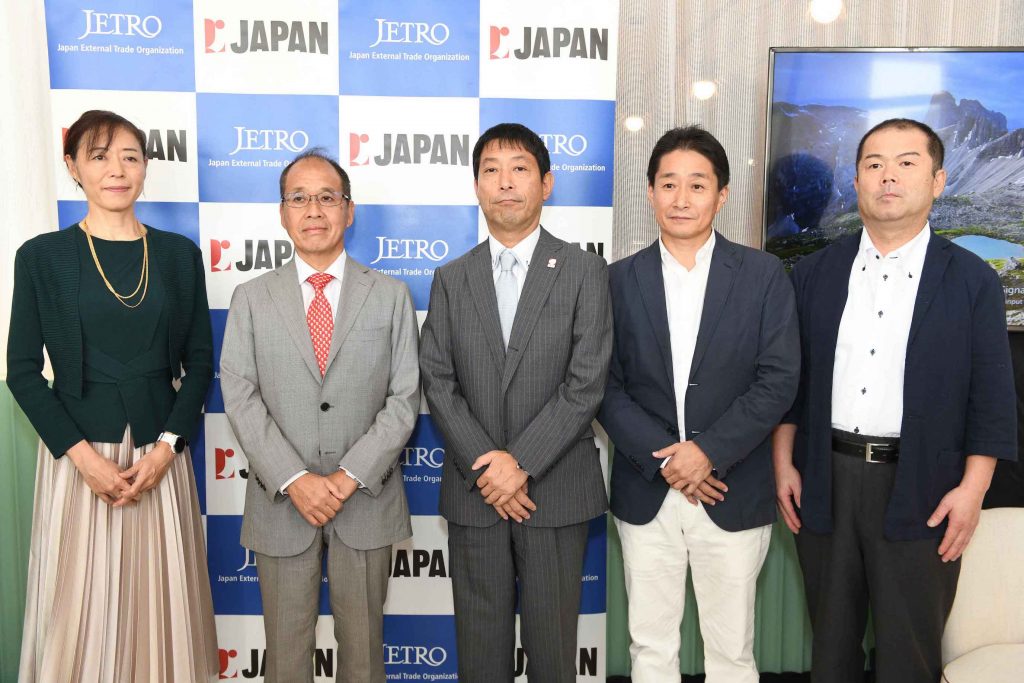
- ARAB NEWS
- 14 Jul 2025

Arab News Dubai
The growing popularity of Japanese cuisine such as sushi and bento boxes is contributing to increased sales of Japanese rice in the Gulf region, a leading Japanese trade official told Arab News.
Masami Ando, managing director of the Japan External Trade Organization (JETRO) Middle East, however, said that even some Japanese restaurants are still unaware of the “various characteristics” of Japanese rice, and that restaurants will use rice from other countries “due to the cost factor.”
“But when you eat Japanese rice, you will realize that Japanese rice is best for Japanese food,” he added.
When asked about the comparatively high price-point for Japanese rice, Ando attributed it to the cost of transportation.
“Costs are high because the export volume from Japan to UAE is small and mass transportation is not possible. If demand for Japanese rice increases, transportation costs can be reduced,” he said.
JETRO runs a program to promote its rice and other food products to restaurants. In March 2017, according to Ando, there were around 200 Japanese restaurants in the UAE, and he believes that number has increased since.
“Our rice promotion program is aimed to spread the awareness of the different features of Japanese rice,” he said.
In a statement released by JETRO on Monday, Akima Umezawa, the Consulate General of Japan in Dubai, said that Japan’s rice “is the pride of the nation and is exported to the UAE to bring quality you can trust and a difference you can taste.”
According to the statement, the UAE imports approximately 1 million tons of rice every year — with the majority of it coming from India, Pakistan, Thailand and Vietnam.